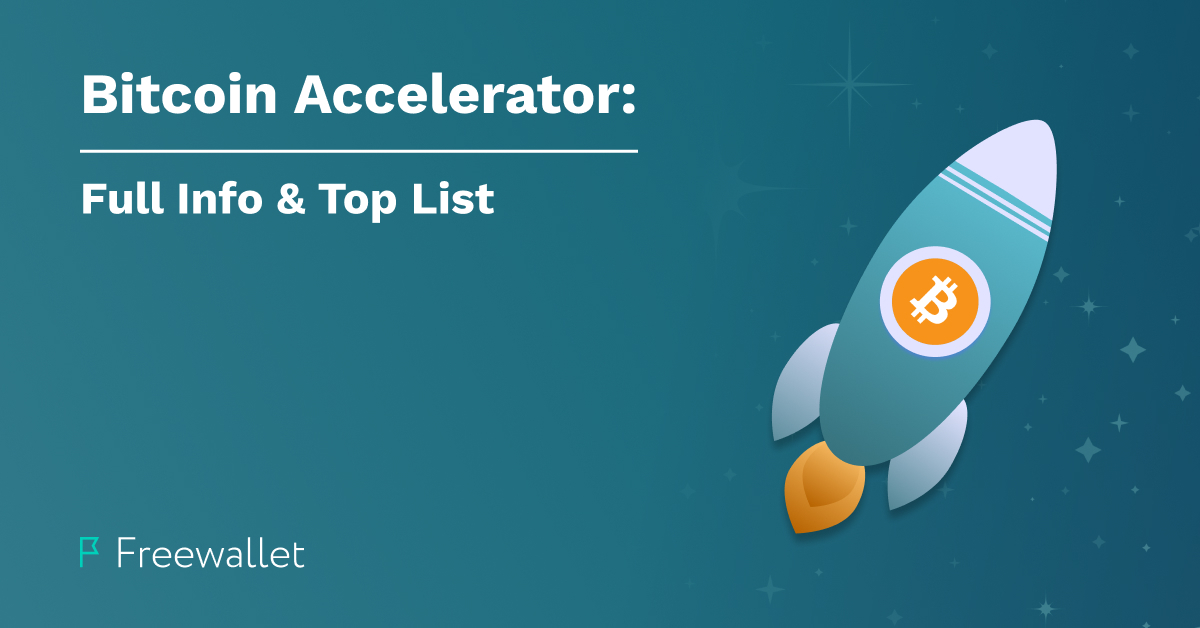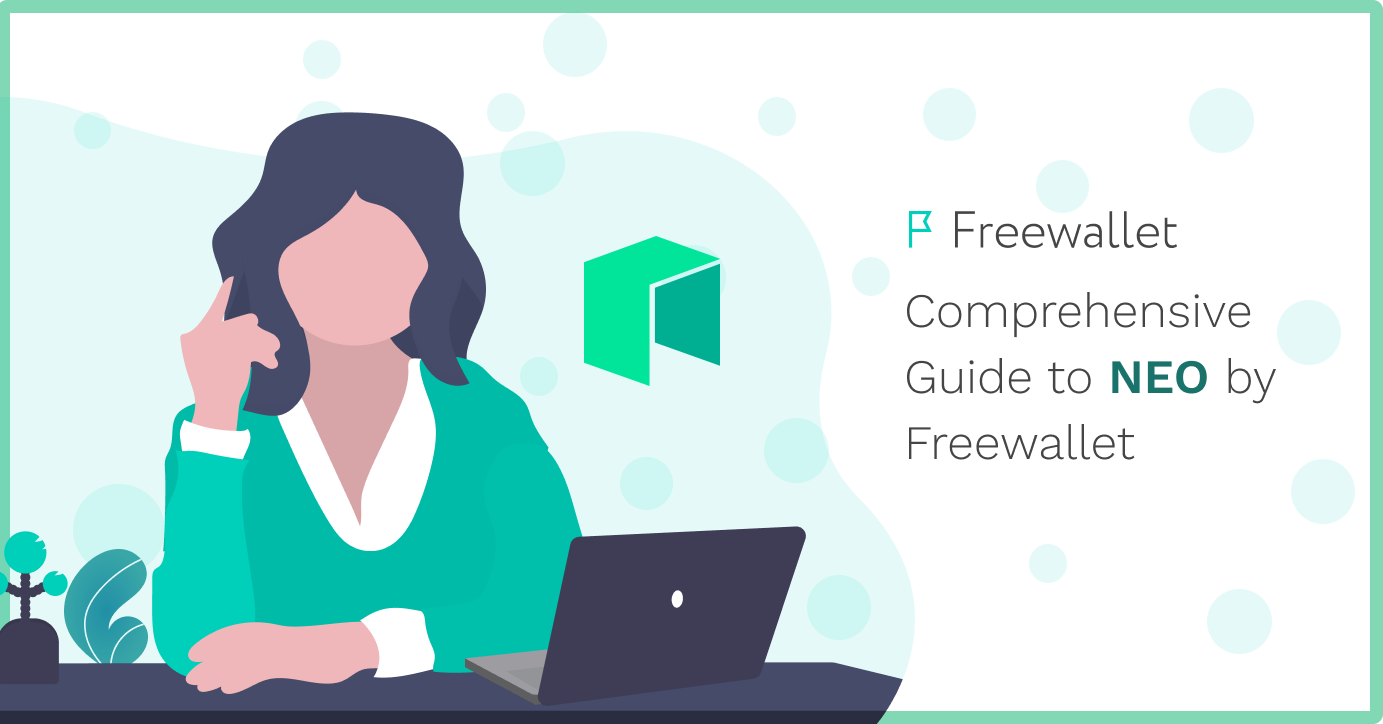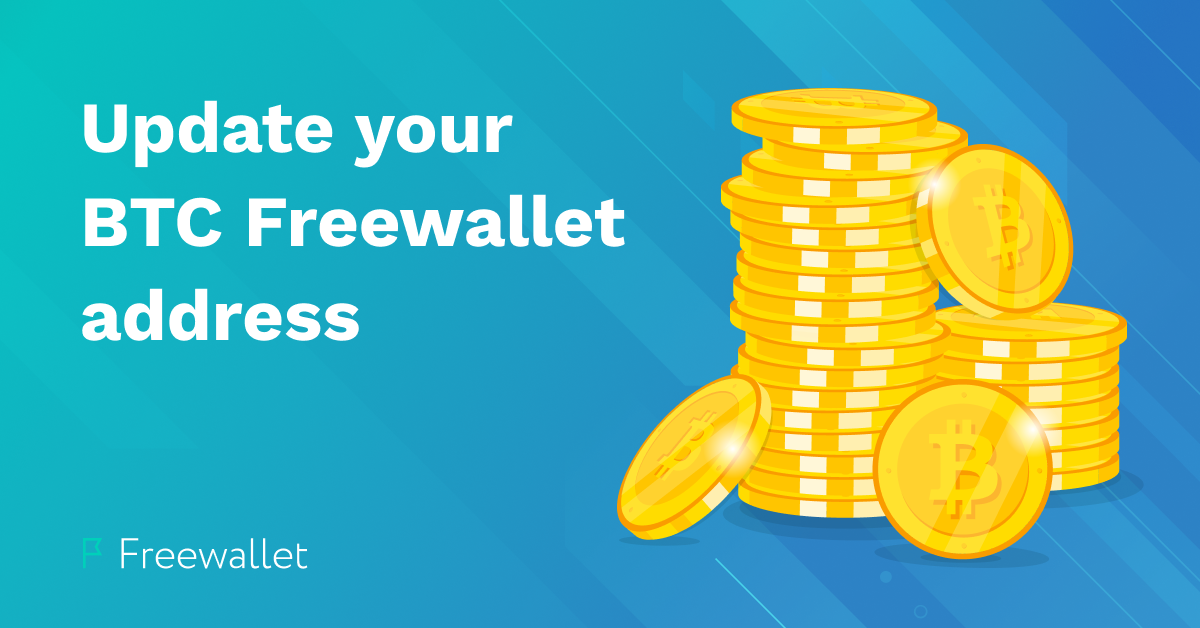
Bitcoin is the first cryptocurrency ever and it is the world’s leading cryptocurrency in terms of price and market capitalization. Although Bitcoin is still occupying the top position in its sphere, it has major flaws that inspired many developers to come up with more efficient projects.
However, not all the developers are looking to address Bitcoin’s issues through creating new cryptocurrencies. Some prefer to develop solutions that will cushion the effect of Bitcoin’s drawbacks. One of the prime examples are Bitcoin accelerators.
Bitcoin accelerators are created to speed up Bitcoin transactions which sometimes get too slow or require too high fees in order to be processed more or less quickly. This article tells what Bitcoin transaction accelerators are, how to use them, and what are the best Bitcoin transaction accelerators.
Bitcoin Scalability Issues
Bitcoin’s poor scalability is what makes its wide adoption as the everyday life means of payment hampered from the start. The Bitcoin network handles around 7 transactions per second (TPS) while Visa does around 24,000. As BTC is yet to be as frequently used as Visa, it takes minutes for users to wait until the Bitcoin transaction is processed.
Image source: Research Gate
Some estimate the average time for the BTC transaction processing as 60 minutes. This transaction time is not what most people find comfortable. No wonder, some people would like to speed up their Bitcoin transactions. And there is an avenue for this—they can pay a higher transaction fee in order to give priority to their transaction to miners. This state of things result in high transaction fees on the congested Bitcoin network.
The Segregated Witness (or SegWIt) solution introduced in 2017 was an attempt to improve the Bitcoin transaction time. However, the issue persists. Bitcoin transaction accelerator is another solution aimed to speed up transactions while leaving the fee rate normal.
Apart from low fees, the reasons for the long processing time can be the age, timing, or the size of the transaction. It is possible that you cast a transaction at a moment when all the miners are too busy (something you are not aware of) and it leads to delays. Some transactions are stuck in the mempool for over 24 hours although such cases are exclusive. Even rarer, the transaction is cancelled and coins sent back to the wallet.
What is a Bitcoin Mempool Congestion?
The mempool, or a memory pool, is a queue in which transactions wait for confirmation. The nodes have an average capacity of 300MB for storage of unconfirmed transactions. Transactions leave the mempool as soon as they get added to a blockchain block.
Image source: blocknative
There are various possible reasons for the mempool congestion. For instance, if more and more transactions go with higher fees, the ones with lower fees move to the end of the queue accumulating the stuck low priority transactions.
What Is a Bitcoin Accelerator?
Bitcoin accelerators increase the transaction speed in the conditions of network congestion and high miner fees. The work principle is as follows: accelerators rebroadcast users’ transactions and put them at the prioritised position in the queue. Most accelerators are run by the miners so they have the power to get the users’ transactions confirmed in the nearest block.
Some Bitcoin transaction accelerators are free, some are paid. In general, most accelerators are easy to use. Usually they don’t require anything on top of submitting the transaction ID.
Do You Really Need a Bitcoin Accelerator?
There is a tip on how you can increase a chance of processing your BTC transaction quicker. On weekends the Bitcoin network is less busy. If you can schedule your transaction on the weekend, it may play out well.
Image source: ByteTree.com
Although Bitcoin transaction accelerators offer faster execution at lower fees and even increase the transaction reliability, there is no guarantee that they will actually improve performance of your transactions. Network congestion and other factors can turn out more powerful than the mechanisms used in accelerators. Not all the accelerators are the same in terms of quality of service. It’s important to use the best ones.
The Top 10 Best Bitcoin Accelerators
Here’s the list of the most reliable Bitcoin accelerators.
BTC.com
This service is backed by the BTC.com mining pool. It offers a 75% chance of confirmation in one hour. Only 2% of transactions take longer than 4 hours to confirm. BTC.com has a transparent fee policy and supports Bitcoin Cash (BCH) and local payment methods.
ViaBTC
This platform provides a free service that increases the number of miners involved in the transaction confirmation. The paid service rebroadcasts transactions to a bigger number of miners.
BitAccelerate
BitAccelerate is an intuitive free app. You just submit a transaction ID and it gets rebroadcasted to 10 nodes.
ConfirmTX
The guaranteed confirmation in 12 hours. The $5 fee is charged for transactions above 250 bytes. All that is below is free.
360 BTC Accelerator
This service is free. It rebroadcasts transactions to more miners to increase the chance of a sooner confirmation. Size of transactions don’t matter.
BTC Nitro
This platform has free and premium services. The paid feature gets your transaction in the next block. It costs $25. If the transaction is not confirmed within 24 hours, the platform returns you money.
BTC Afterburner App
This app leans on a ‘child pays for parent’ method. The service charges $5.99 per transaction and a small miner fee on top of this.
BTC TX Accelerator
A free service with a pretty decent reputation.
Binance BTC Transaction Accelerator
The built-in service within the Binance Pool. It helps to confirm transactions even at the peak hours. The service is not free and it requires a verified Binance Pool account.
BitTools
This is a free service that rebroadcasts your transaction to 15+ nodes. The transaction ID can be resubmitted once every 6 hours.
Conclusion
The network congestion, low fees, or the high transaction size can increase your transaction time. Ones increase the fees to get priority while others prefer to use Bitcoin accelerators.
Although no Bitcoin accelerator can guarantee success, statistics show that some of them can be quite helpful most of the time. It’s crucial to look into unbiased user feedback before you decide to use one of them. The real efficiency of accelerators vary significantly although every brand may claim it is of the top tier. The user reviews can help you save time and money.
FAQs
Do Bitcoin Accelerators Work?
It depends on the accelerator you choose. Some of them perform pretty well, others don’t. No Bitcoin accelerator can guarantee success.
How To Rebroadcast Bitcoin Transactions?
Choose the Bitcoin accelerator that rebroadcast transactions to more nodes and submit your transaction ID. Note that the terms and conditions of service may vary significantly.
Why is My Bitcoin Transaction Still Pending?
The transaction is awaiting confirmation. It may take up to over 24 hours in the worst cases. On average, the BTC transaction is processed in one hour.
Why Is My Bitcoin Transaction Stuck In The Mempool?
The possible reason is the mempool congestion. Probably transactions with higher miner fees are pushing your transaction back. If the size of your transaction is huge, it will have a higher chance of stucking.
How Do You Speed Up A Stuck Bitcoin Transaction?
Using the reputable Bitcon accelerators is one of the methods. Others include increasing the miner fee or choosing the right time to cast a transaction. For instance, the network is usually less loaded on weekends.
What Is The Longest Time A Bitcoin Transaction Can Take?
Some transactions are confirmed only after 24 hours or even more. In rare instances, transactions may be cancelled and the coins sent back to the sender’s wallet.
Related
Stay tuned
Subscribe for weekly updates from our blog. Promise you will not get emails any more often.
Most Popular
New Posts
Stay tuned
Subscribe for weekly updates from our blog. Promise you will not get emails any more often.






